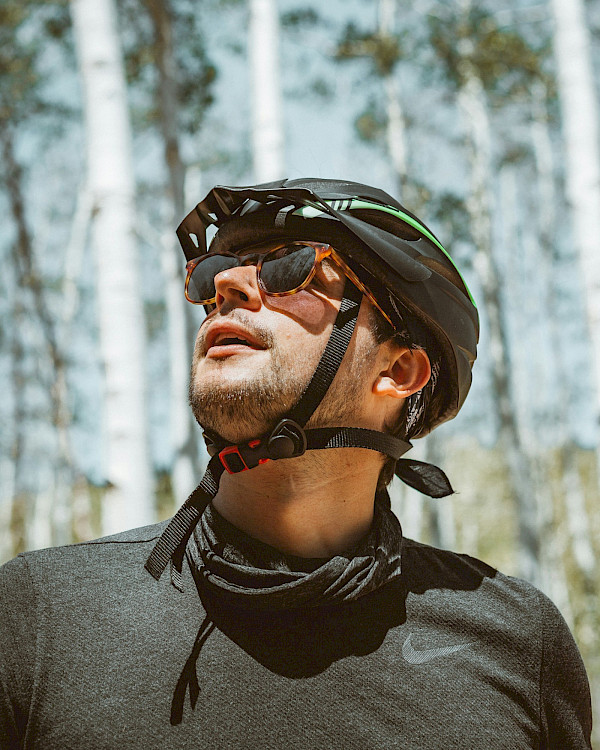
Movement and daytime activity
I take a walk after lunch either alone or with others.
- Studies have shown that a walk within two hours after lunch reduces the risk of diabetes.
- Exercise/movement in daylight builds your nighttime sleep.
- Walking together refreshes and brings joy. Brains need other brains!
I increase regular daytime movement alone or with others.
- Even a small increase in movement is good, also for nighttime sleep!
- Regular exercise maintains physical fitness, which also helps you sleep well.
- Strenuous exercise increases the deep sleep needed for recovery.
- Properly timed movement also improves daytime alertness.
I add events to the daily schedule.
- Structuring the day with different activities facilitates getting sleep in the evening.

Nutrition
I eat breakfast soon after waking up.
- This is an important time marker that sets the pace for the internal clock.
I keep the meal rhythm as regular as possible.
- This rhythmizes the internal clock to stay in a regular rhythm, which also improves sleep.
I eat enough and varied. I give my body enough fuel.
- I ensure adequate energy intake.
We have a common healthy lunch with colleagues, family, or friends.
- This is an opportunity to refresh yourself with others. Eating healthy food with others makes it easier to fall asleep in the evening.
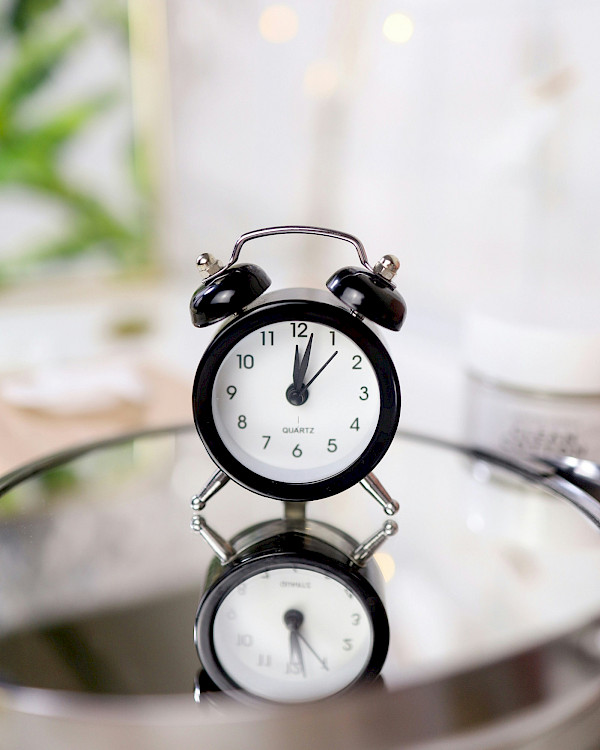
Sleep rhythm
I always wake up at the same time, both on weekdays and weekends.
- This rhythmizes the internal clock to stay in a regular rhythm, which also improves sleep.
- I always recharge with daylight whenever possible.
- The amount of light regulates our wakefulness.
I strive to get sufficiently long night's sleep.
- First, find out your own sleep needs.
- With enough sleep, you avoid health losses due to sleep deprivation.
- After enough sleep, you feel refreshed and stay alert.
I strive to shift my sleep rhythm towards being a morning person.
(individuals, all age groups)
- Morning people have scientifically proven fewer health risks than evening people (e.g., overweight, type 2 diabetes, cardiovascular diseases, depression).
I go to bed when I feel tired.
- Utilizing the "sleep window" helps with falling asleep.
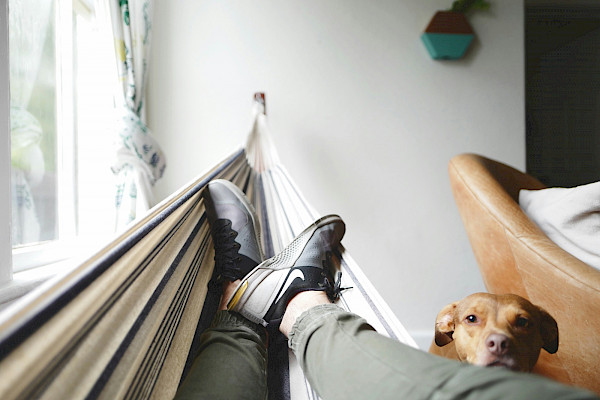
Daytime recovery and relaxation
I leave my phone and other digital devices outside the bedroom.
- Sleep is longer, more cohesive, and refreshing without digital devices in the bedroom.
- Don't let digital devices steal your valuable sleep!
I take breaks during the day and focus on one thing at a time.
- Increase focused work time, presence, and breaks. This promotes balance between brain load and recovery, which also benefits good sleep. You can also agree on these practices at work!
- We set a time to stop sending and reading emails and other messages. This helps us calm down and prepare for sleep. You can agree on this at work, with family, or with friends.
- We schedule, for example, emails during work or daytime.
I give space for my own thoughts during the day, including worries and concerns.
- This facilitates falling asleep and calms sleep. I manage my worries during the day by identifying things I cannot control.
I reserve a separate worry time during the day and leave other worries outside.
- I write down worrying thoughts on paper when I wake up at night and return to them during the next day's worry time.
I treat others with respect and kindness.
- By creating joy, we also spread positive feelings to ourselves, reducing stress and helping us fall asleep.
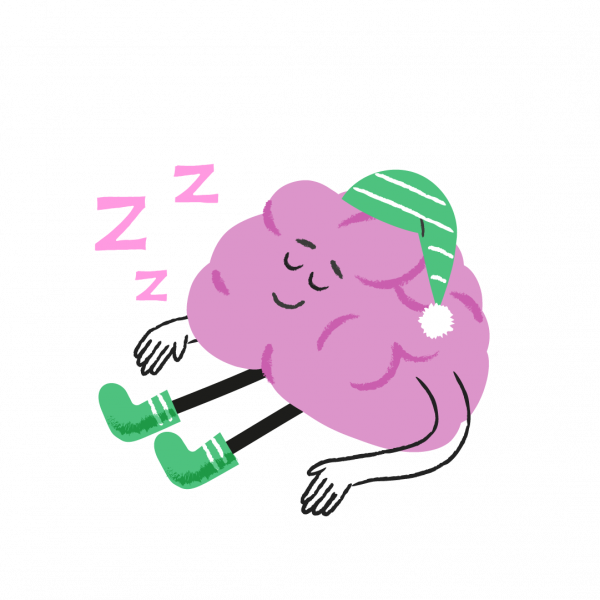
Take part in the campaign and choose your sleep deed!
You can participate individually or with a group.
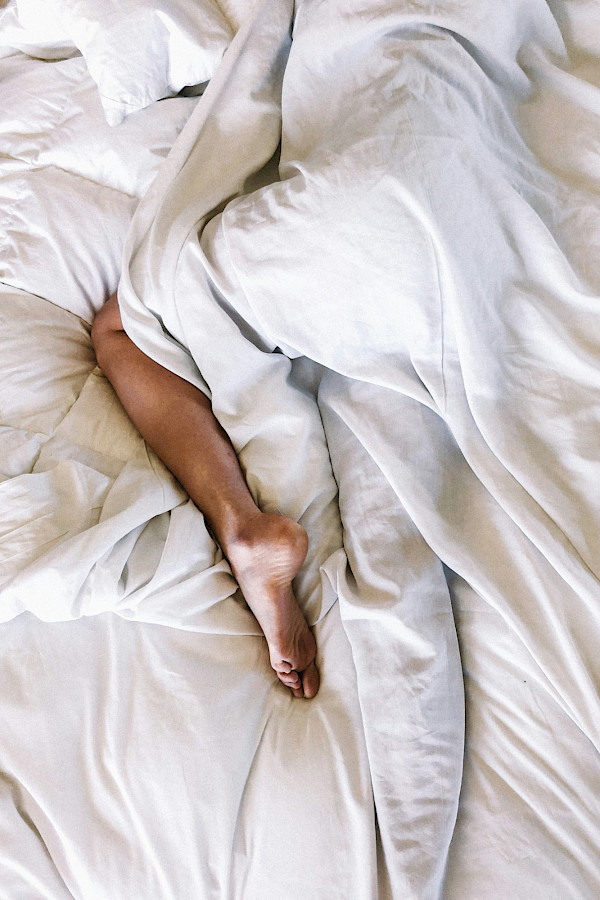
Links to relevant research papers
Movement and daytime activity
- https://pubmed.ncbi.nlm.nih.gov/12531177/ and https://pubmed.ncbi.nlm.nih.gov/25596964/
- https://pubmed.ncbi.nlm.nih.gov/30784068/ and https://pubmed.ncbi.nlm.nih.gov/36805455/
- https://pubmed.ncbi.nlm.nih.gov/34163383/ and https://pubmed.ncbi.nlm.nih.gov/37092426/
Nutrition
- https://pubmed.ncbi.nlm.nih.gov/35771674/ and https://pubmed.ncbi.nlm.nih.gov/38097547/
- https://pubmed.ncbi.nlm.nih.gov/35882067/ and https://pubmed.ncbi.nlm.nih.gov/27235825/
- https://pubmed.ncbi.nlm.nih.gov/28578930/ and https://pubmed.ncbi.nlm.nih.gov/36645134/
Sleep rhythm
- https://pubmed.ncbi.nlm.nih.gov/34323993/ and https://pubmed.ncbi.nlm.nih.gov/29073398/
- https://pubmed.ncbi.nlm.nih.gov/36280789/ and https://pubmed.ncbi.nlm.nih.gov/32386705/
- https://pubmed.ncbi.nlm.nih.gov/36852716/ and https://pubmed.ncbi.nlm.nih.gov/37684151/
Daytime activities and recovery

